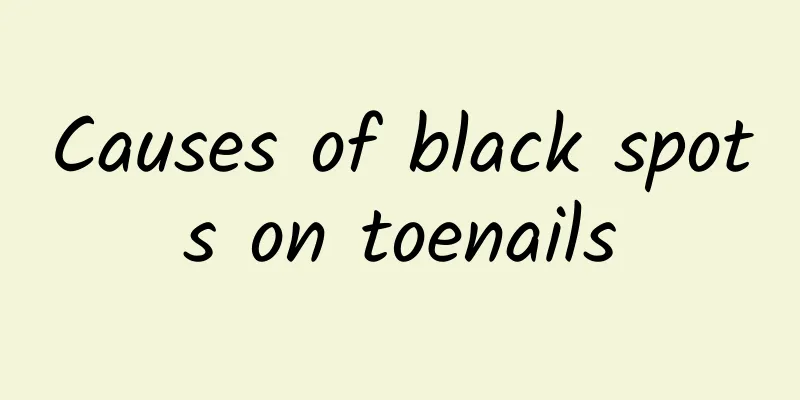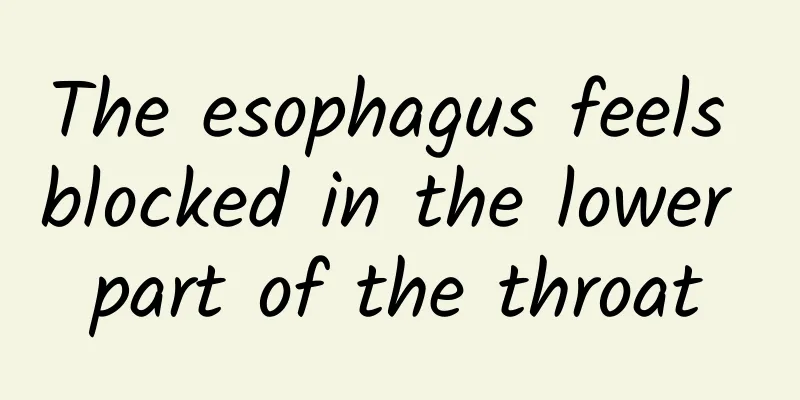What are the treatment methods for renal tuberculosis?

|
Renal tuberculosis is a relatively serious kidney disease. The incidence of this disease is relatively low, but as the environment people live in in modern life becomes increasingly harsh, the incidence of renal tuberculosis has increased year by year, becoming a disease that seriously threatens people's health. Renal tuberculosis can cause renal failure, chronic kidney disease, etc. in patients. It is very troublesome to treat and the recovery period is very long, but if not treated in time, it will cause great damage to the body. Let’s take a look at how to treat renal tuberculosis. I hope everyone can understand. Kidney tuberculosis is not scary. It is completely recoverable as long as it is treated carefully. 1. Total nephrectomy (1) Indications for total nephrectomy ① The destruction range of unilateral renal tuberculosis lesions is larger, more than 50%. ② The entire kidney is destroyed by tuberculosis and renal function is lost. ③Tuberculous pyonephritis. ④ Bilateral renal tuberculosis, one side is severely damaged while the other side has extremely mild tuberculosis. The severely damaged side needs to be removed and the mildly affected side should be treated with drugs. 2. Partial nephrectomy (1) Indications for partial nephrectomy: ① Destructive lesions confined to 1 to 2 renal calyces at one pole of the kidney, which have not been effectively treated with long-term anti-tuberculosis drugs. ② Patients with tuberculosis and stenosis of the infundibulum of 1 to 2 renal calyces and poor drainage. ③The damage of bilateral renal tuberculosis is mild and long-term drug treatment is ineffective. If the only functional kidney needs to undergo partial nephrectomy, at least 2/3 of the kidney tissue should be retained to avoid renal insufficiency after the operation. (2) Use of anti-tuberculosis drugs before and after partial nephrectomy. Since anti-tuberculosis drug treatment often has a good effect, partial nephrectomy is rarely performed. For patients who are suitable for this operation, it should be performed after a longer period of anti-tuberculosis drug preparation. Generally, preoperative preparation and medication take 3 to 6 months. 3. Renal lesion removal (1) The indication for renal lesion resection is the presence of tuberculous cavities formed by closed calyces in the renal parenchyma, which are often filled with caseous material. Anti-tuberculosis drugs cannot enter the cavity, and active tuberculosis bacilli are still present in the cavity. Therefore, the cavity must be incised, the caseous tuberculous tissue removed, and then anti-tuberculosis drugs are used in the cavity. (2) Auxiliary anti-tuberculosis treatment: Anti-tuberculosis drugs are also required for a long period of time before and after surgery to prevent the spread of tuberculosis and for postoperative consolidation treatment. |
<<: What is the treatment for Helicobacter pylori positive?
>>: The correct way to thicken the stratum corneum, do not over-clean
Recommend
Home medicine cabinet: 7 Chinese herbs that are the best for nourishing blood
Some people believe that a pale, sallow and blood...
Are you feeling dizzy and confused?
In life, many people may experience this phenomen...
Symptoms of genital eczema
Genital eczema should not be unfamiliar to us hum...
Dendrobium tassel
Ribbon Dendrobium fimbriatum Hook.: The stem is t...
What are the moxibustion points and their effects?
Moxibustion is a traditional method of treating d...
Binge Eating Disorder
Many friends start to eat and drink without restr...
How to recover from shoulder effusion
When shoulder joint effusion occurs, it is necess...
Rapeseed Sclerotinia, there are so many symptoms
Rapeseed sclerotinia is a common disease that occ...
Soak Solanum nigrum in white wine
Solanum nigrum is a wild plant that can be used a...
There is a lump on the buttocks that does not hurt or itch
Generally, people will only check their health wh...
What is the best medicine for chronic proctitis and how long will it take to cure?
Patients with chronic proctitis need to always re...
Is it normal for a six year old to lose teeth?
It is normal for a six-year-old child to lose tee...
What to eat after ligament surgery
With the development of medical technology, many ...
What causes strong urine odor?
It is well known that urine normally has an unplea...
What to do if your child has prominent shoulder blades
There are many reasons for protruding shoulder bl...









